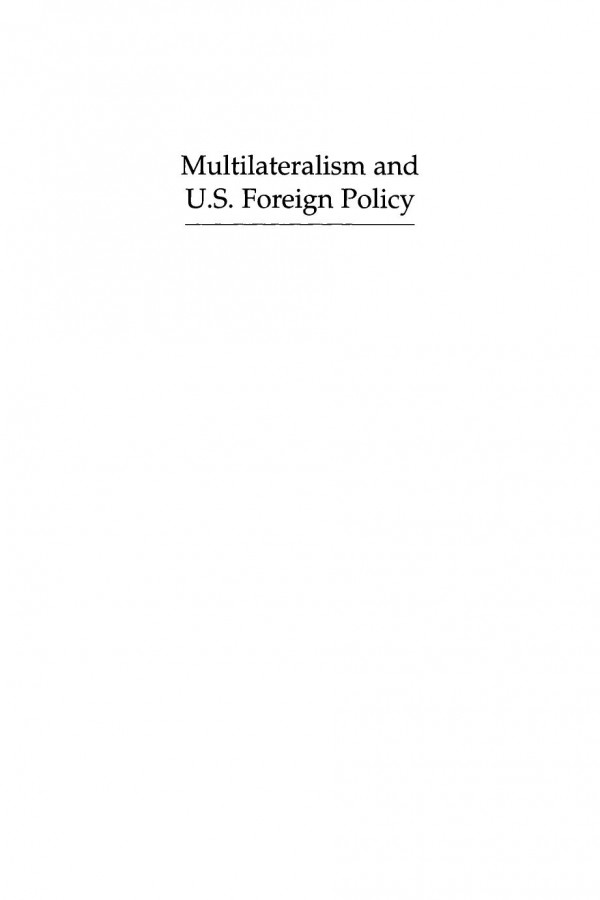

Most ebook files are in PDF format, so you can easily read them using various software such as Foxit Reader or directly on the Google Chrome browser.
Some ebook files are released by publishers in other formats such as .awz, .mobi, .epub, .fb2, etc. You may need to install specific software to read these formats on mobile/PC, such as Calibre.
Please read the tutorial at this link: https://ebookbell.com/faq
We offer FREE conversion to the popular formats you request; however, this may take some time. Therefore, right after payment, please email us, and we will try to provide the service as quickly as possible.
For some exceptional file formats or broken links (if any), please refrain from opening any disputes. Instead, email us first, and we will try to assist within a maximum of 6 hours.
EbookBell Team

4.1
60 reviewsWhen should the United States cooperate with others in confronting global problems? Why is the U.S. often ambivalent about multilateral cooperation? What are the costs of acting alone? These are some of the timely questions addressed in this examination of the role of multilateralism in U.S. foreign policy. The authors isolate a number of factors that help to explain U.S. reluctance to commit to multilateral cooperation. They then analyze recent policy in specific areas—e.g., the use of force, peacekeeping, arms control, human rights, the United Nations, sanctions, international trade, environmental protection—probing the causes and consequences of U.S. decisions to act alone or opt out of multilateral initiatives. A concluding chapter underscores the point that increasingly pressing transnational problems may require the U.S. to reform its policymaking structures and to reconsider longstanding assumptions about national sovereignty and freedom of action.